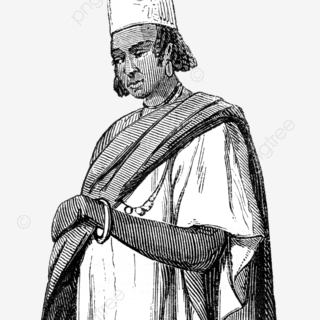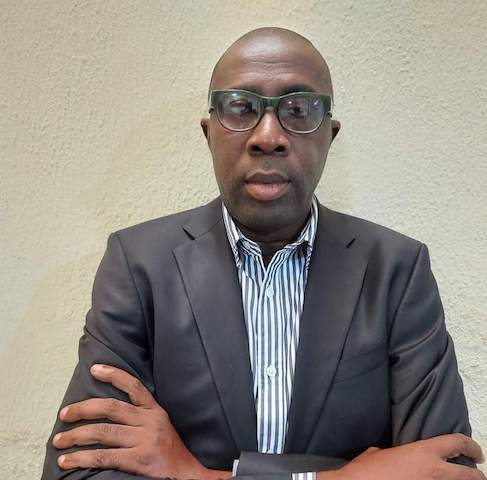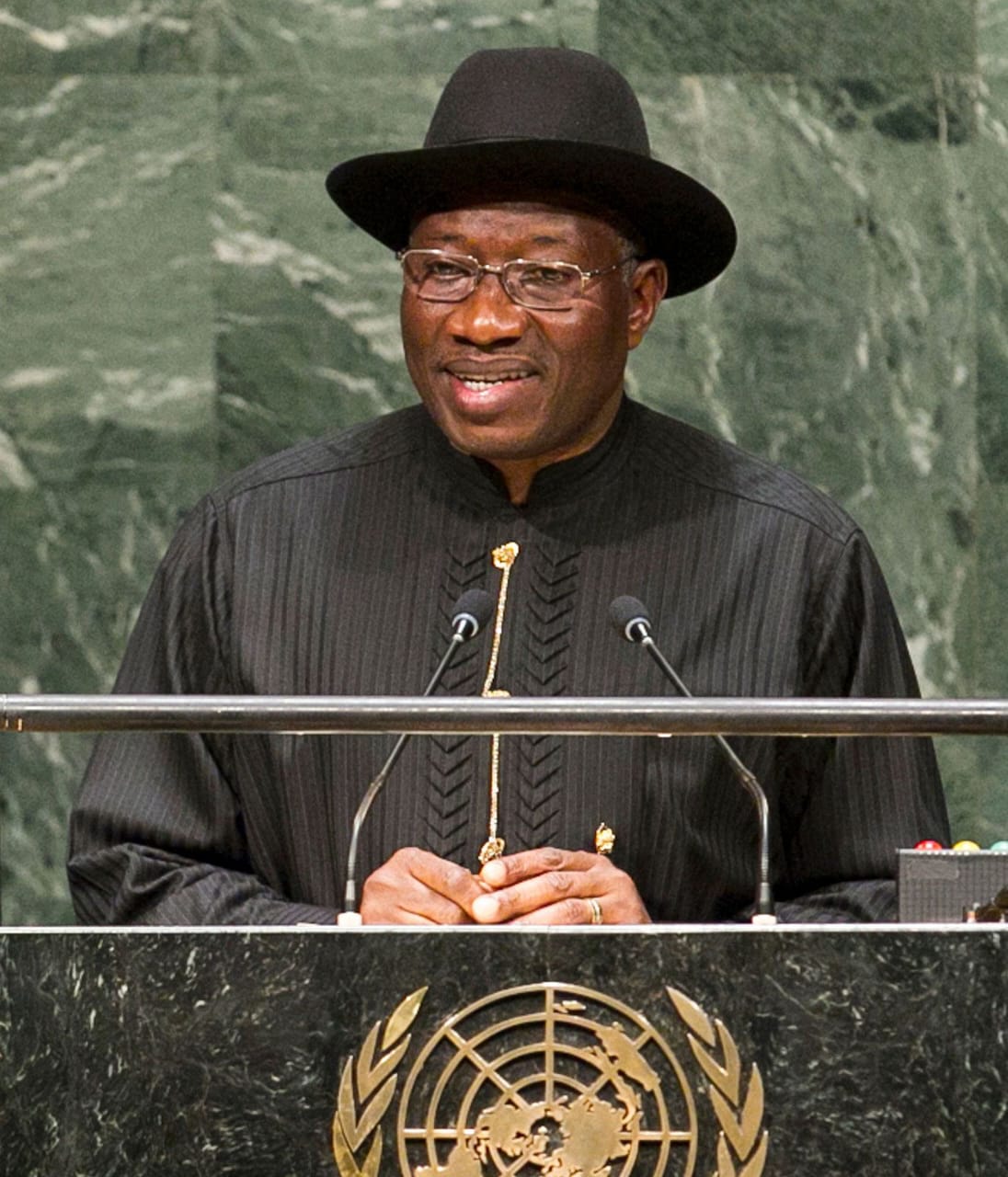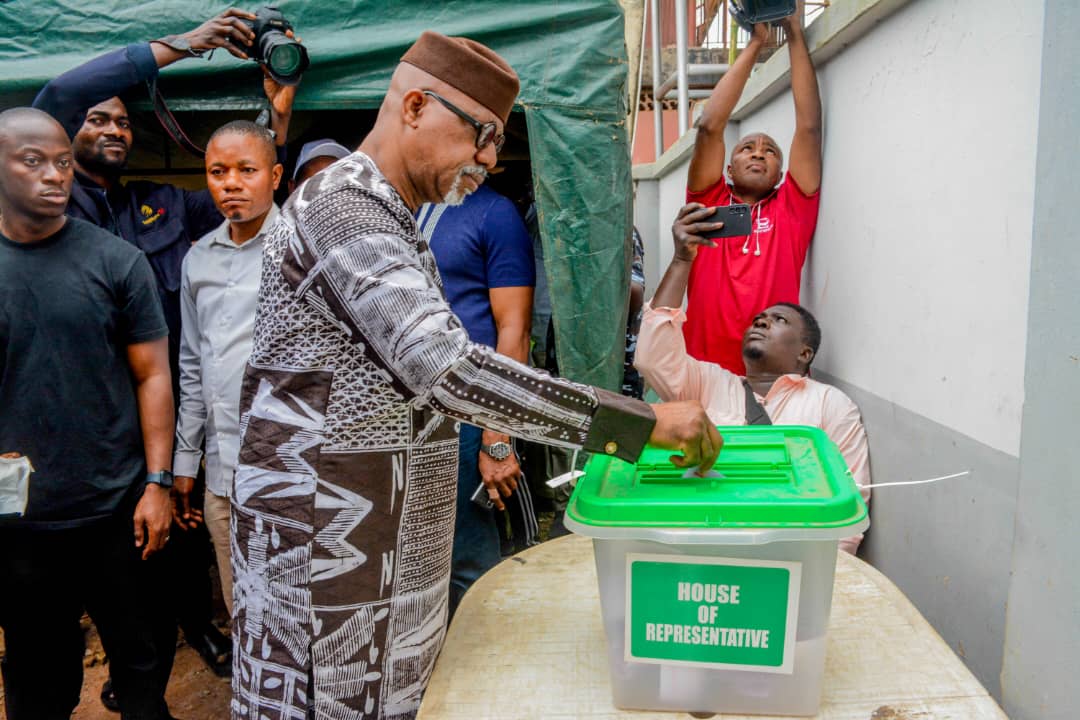By Emeka Alex Duru
(08054103327, nwaukpala@yahoo.com)
At the heart of the development or decay of any system is the quality of its leadership. You can also add the followership. But much lies on the leadership. The leadership defines the extent persons or institutions in a setting progress or retard. That was the summary of the submissions by Prof Chinua Achebe in his insightful book; ‘The trouble with Nigeria’.
Achebe wrote; “the indiscipline of the ordinary citizen, regrettable as it may be, does not pose a fatal threat to society because it can be generally contained by his fellows or at worst, by a couple of policemen. But the indiscipline of a leader is a different thing altogether. First, he has no fellows to restrain him, and the policemen who might have done it are all in his employ. Second, power, by giving him immunity from common censure, makes the leader the envy of the powerless who will turn him into a role model and imitate his actions of indiscipline”. That is the clear and present danger confronting Nigeria. Successive leaders of the country have failed the people in no small measures and the citizens are curiously, copying them.
Since former President Olusegun Obasanjo, in the 2003 general election charged his then members of the Peoples Democratic Party (PDP), to ensure victory for the party, capping it with the declaration that the election was a matter of life and death, subsequent polls in the country have been marked by violence, vote rigging and manipulation of results. His failure to actualise a tenure elongation and consequent hurried enthronement of the feeble Umaru Yar’Adua/Goodluck Jonathan administration, opened a line for succession of leaders lacking in vision and focus. Efforts by Yar’Adua to reverse the rot, were thwarted by his ill health and eventual death. With Jonathan, corruption and lethargy in leadership literally became the norm.
But at no time had the bar of leadership been brought so low as in the immediate past Muhammadu Buhari and current Bola Tinubu administrations. Under Buhari, the country’s entire fault lines were exposed. With him, provincialism and nepotism became the undeclared policies of the state. Ethnic divides were widened, insecurity became a fact that people were forced to contend with. Buhari came to office with smelly certificate that was overlooked by those eager to have him in power in the vain assumption that he meant well for the nation. It did not take time for him to unravel as being overrated. What was thought to be a trademark taciturnity and resoluteness for actions, turned out to be misplaced lifelessness to his immediate environment.
By 2023, Nigerians thought they had had enough of the menace and hoped for a change. But the departing President Buhari in cahoots with the Prof Mahmood Yakubu-led Independent National Electoral Commission (INEC), pulled a fast one on them in fraudulently declaring Bola Tinubu of the All Progressives Congress (APC), the winner of the presidential election in a midnight announcement. That act by INEC, has proven to be costly. Ever since that untoward action, the nation’s values system and national institutions have been on steady decline. The real import of Tinubu’s pre-election declaration that power is not to be served but to be grabbed and run away with, has been cascading in all aspects of the people’s life.
Tinubu has same baggage and contradictions as Buhari. Even more! Two years after grabbing power, complications on his age, place of birth, academic qualifications and real person, remain unresolved. When concerned Nigerians raise questions on such cloudy details, attack dogs are unleashed on them by the President’s image handlers. Even when explanations are offered, which are usually perfunctory, they are in dismissive forms, as in ‘are those what should bother us? Do they really matter’? But developments in the country have shown that they matter and should bother us.
Take the Joint Admissions and Matriculation Board (JAMB) for example. The body was founded in 1978 with the task of conducting Unified Tertiary Matriculation Examination for prospective undergraduates into Nigerian universities and later for applicants to public and private monotechnics, polytechnics, and colleges of educations. Since the establishment of JAMB, 47 years ago, it has been credited with conducting credible examinations, despite occasional hitches. This year however, in a shocking development, the initial results released by the Board indicated mass failure. Breakdown of the results released on May 9, 2025, showed that more than 78 per cent of candidates scored less than 200 points out of the 400 maximum points obtainable in the examination. This development led to public outcry, with some calling for the resignation of the Registrar, Prof Ishaq Oloyede. Oloyede accepted responsibility, stating that the results of 379,997 candidates were affected. He blamed the glitch on “technical error” arising from discrepancies linked to faulty server updates in its Lagos and south-east zones, which led to the failure to upload candidates’ responses during the first three days of the examination. The explanation, was of course not convincing to many.
The West African Examination Council (WAEC) followed suit. The initial Senior Secondary School Certificate Examination (SSCE) results released by the Council few weeks ago, showed that 38.32 per cent of the 1,969,313 candidates who sat the examination obtained credits and above in five subjects, including English Language and Mathematics. The organisers attributed the mass failure to digital glitch. After the resolution of the glitch and the review of the results, WAEC released a new version that posted 62.96 per cent, or 1,239,884 candidates obtaining five credits, including English and Mathematics, as against the initial 38.32 per cent – a substantial improvement of 24.64 percentage points from the initial figure.
The next is the Aviation Sector. Two recent sordid incidents at the airports, involving a Valuejet passenger, Wasiu Ayinde Marshall (KWAM 1), a popular Fuji singer and a passenger on Ibom Airliner, Ms. Comfort Emmanson, have further exposed the nation to ridicule. Emmason attempted fighting crew members, while KWAM 1 tried blocking an aircraft from taking off.
Sadly, in none of these awful incidences have culprits been handed commensurate punishments. It is rather a slap on the wrist or even an open endorsement as in the airport saga, where the Aviation minister, Festus Keyamo, announced discontinuation of trial against Emmanson and appointment of KWAM 1, as Nigerian Civil Aviation Authority (NCAA) Ambassador. No system progresses on this awful trajectory.
That is the danger of tolerating infractions at the leadership level. President Tinubu may not be overtly accused of being behind the dwindling values in the system and untoward developments in the national institutions. But they cannot be entirely detached from his person, the breezy manner of his emergence as President and his style of governance. Followers always look up to the leaders as models and act accordingly. That explains the body language principle in public affairs. The buck stops at the leader’s table, as the saying goes. Nigeria can only get it right by a conscious reassessment of its leadership recruitment process. What we have now, is not it, by all standards. That is why the 2027 presidential election matters much.
DURU is the Editor, TheNiche Online Newspapers, Lagos















Leave a Reply